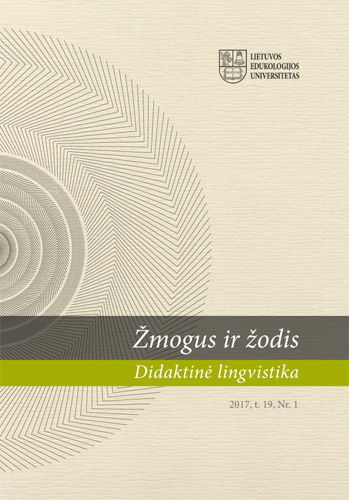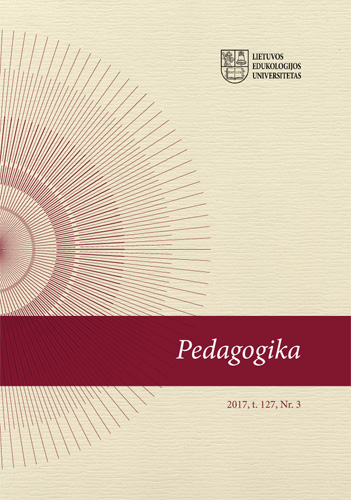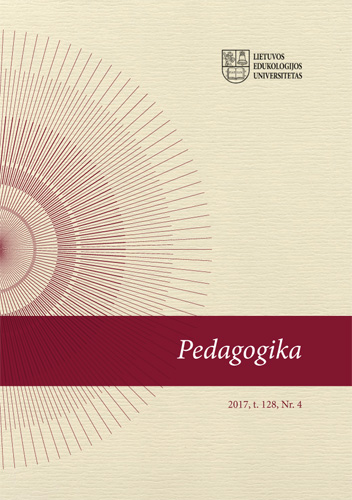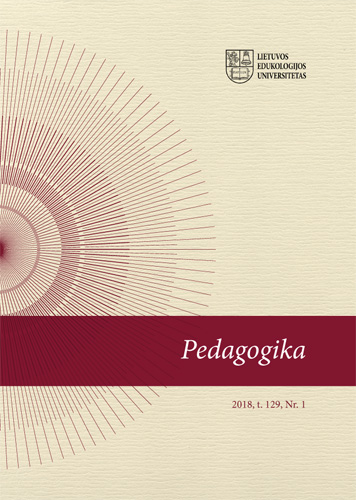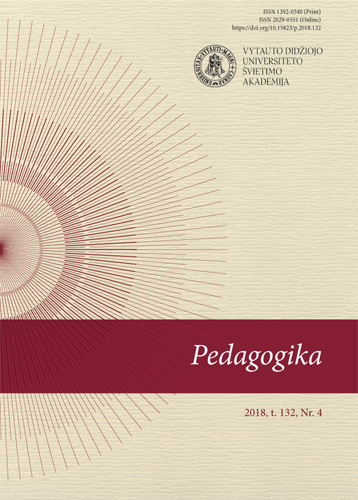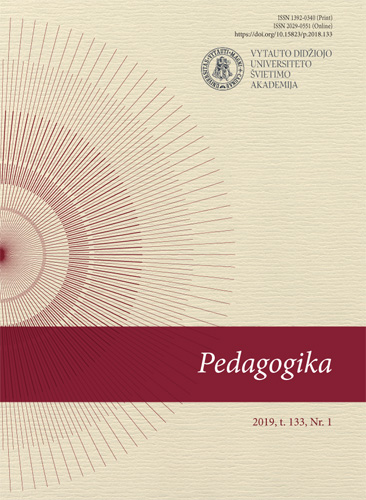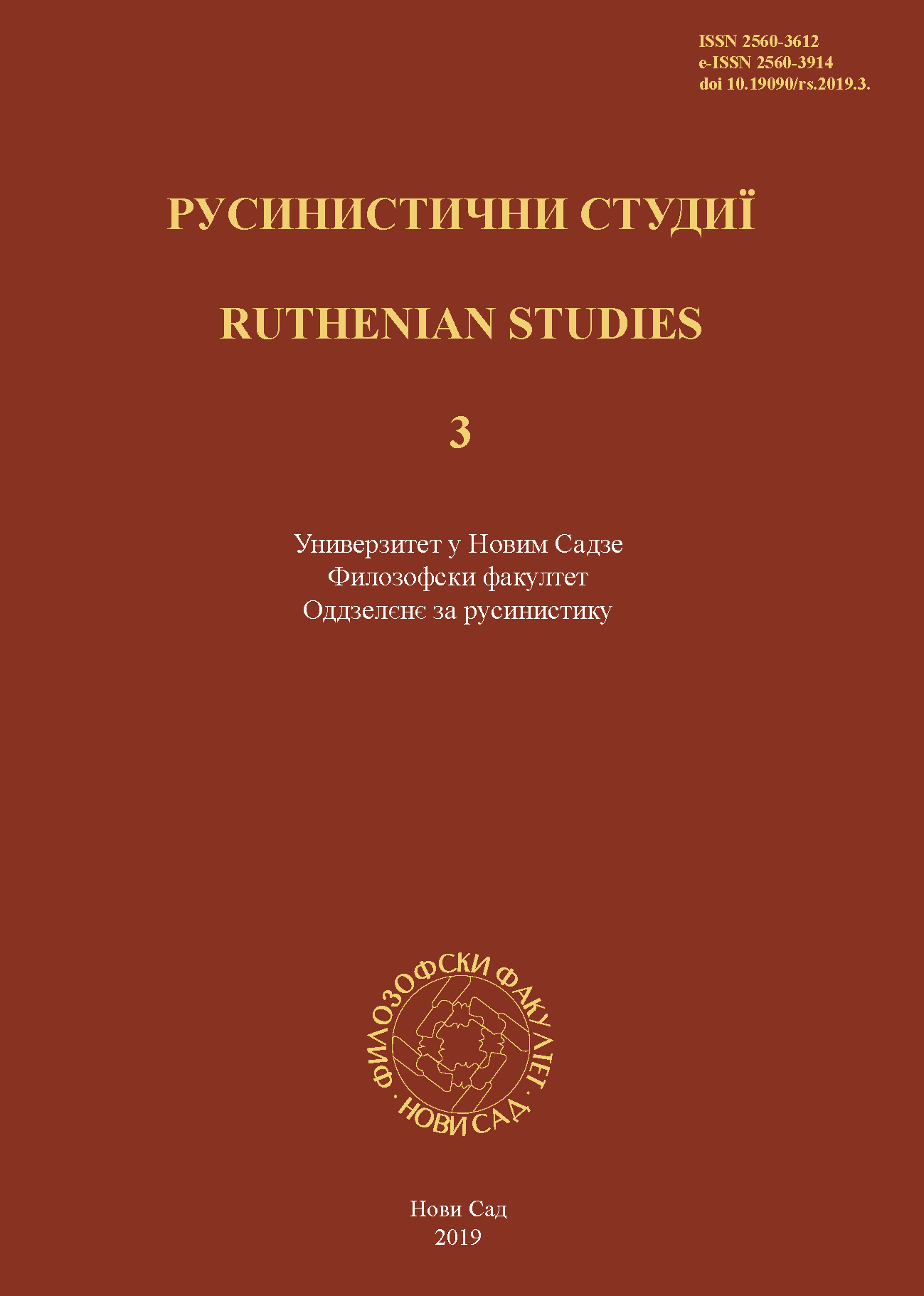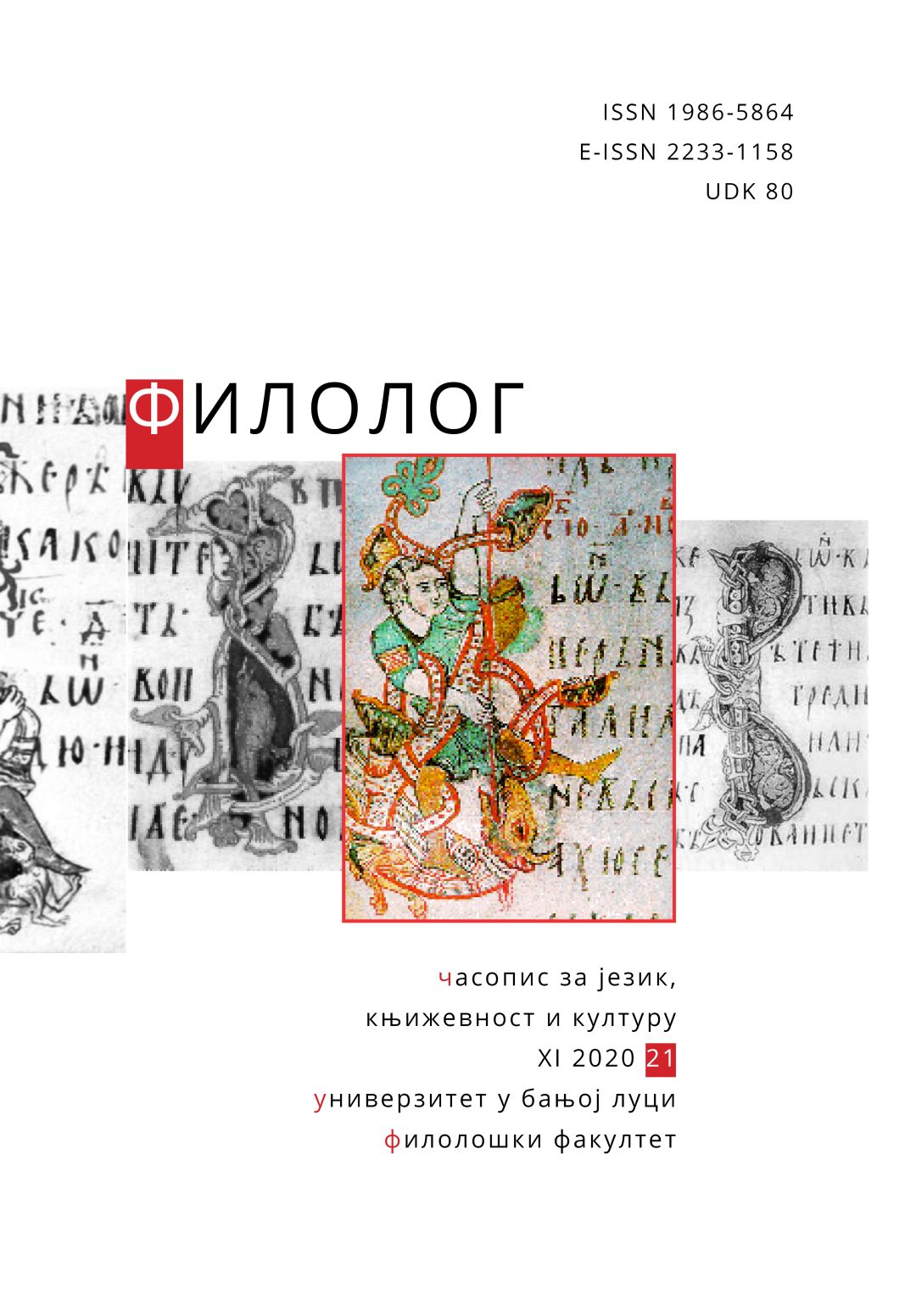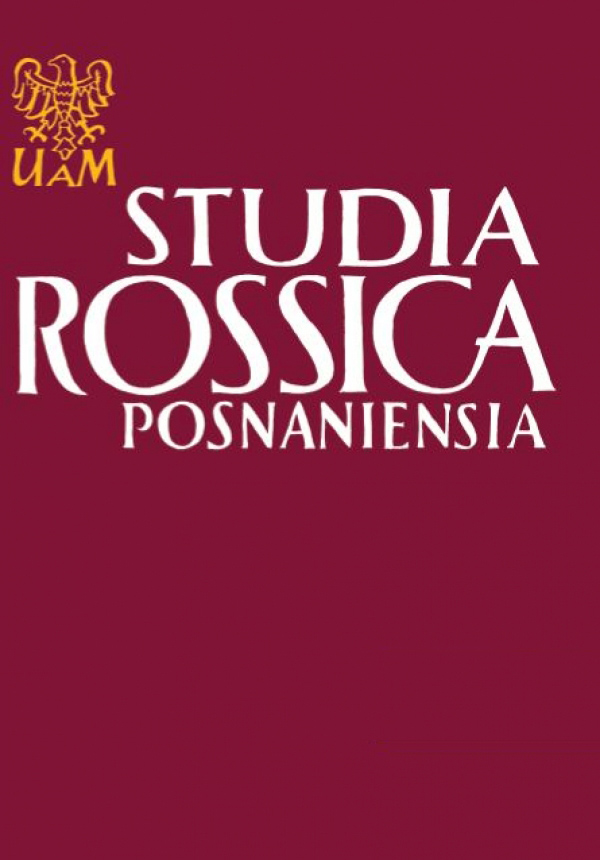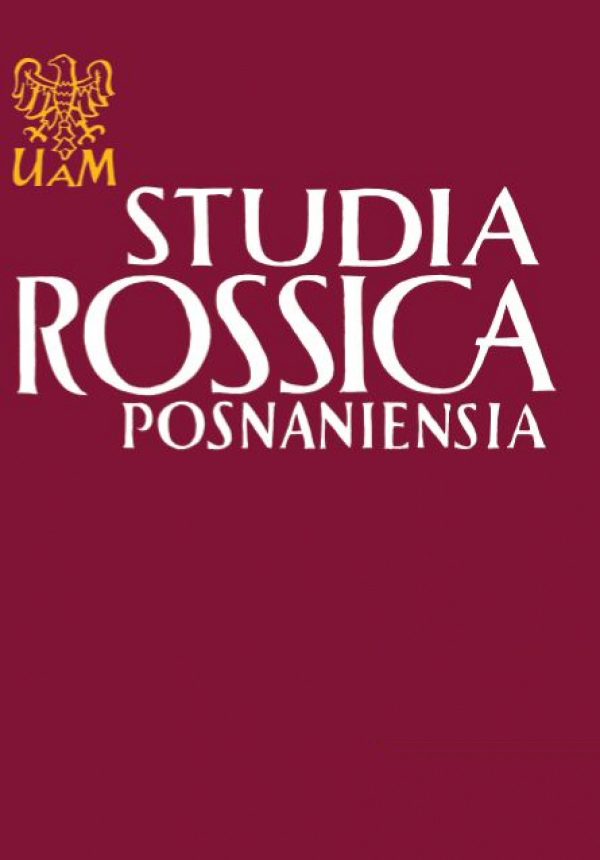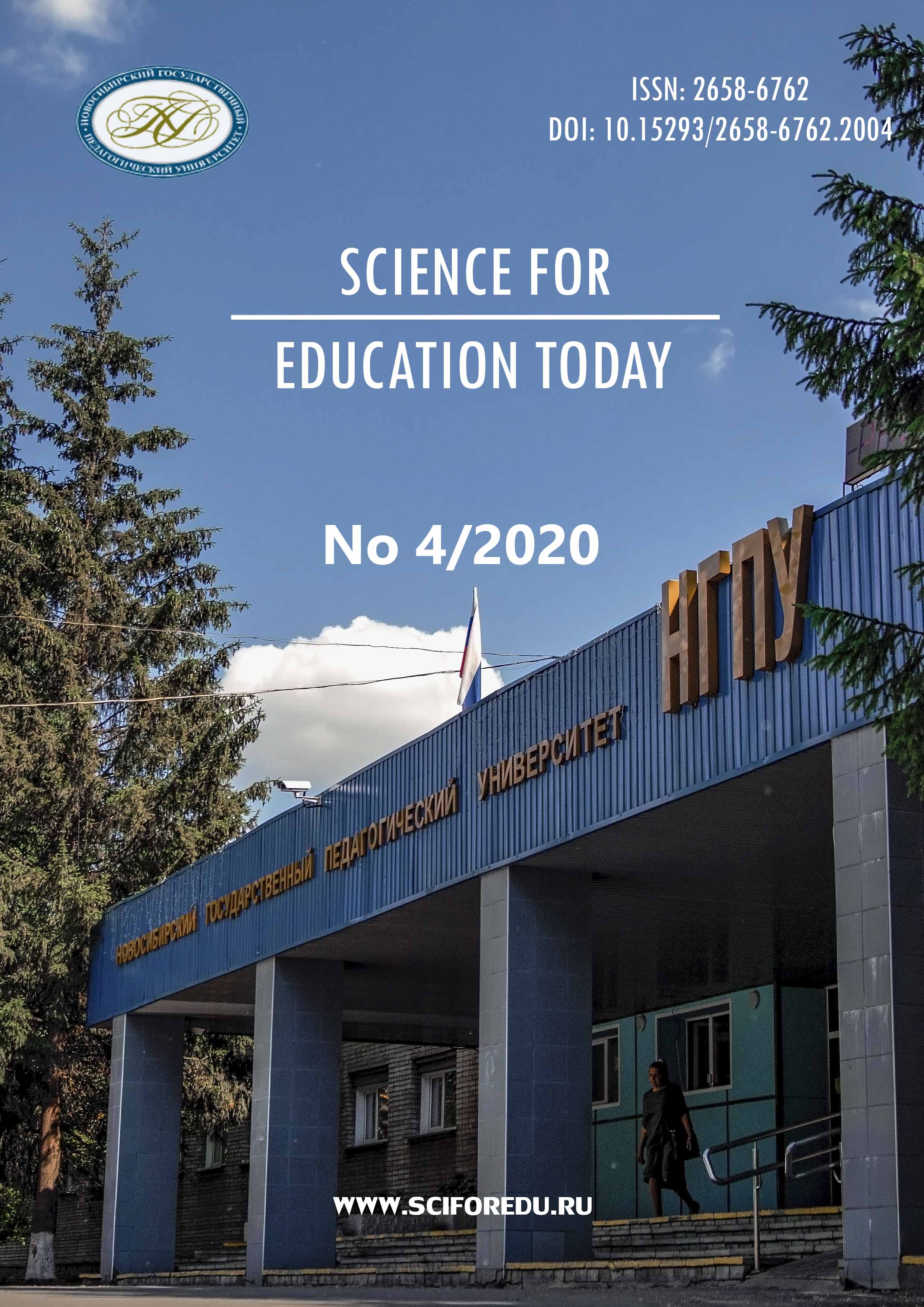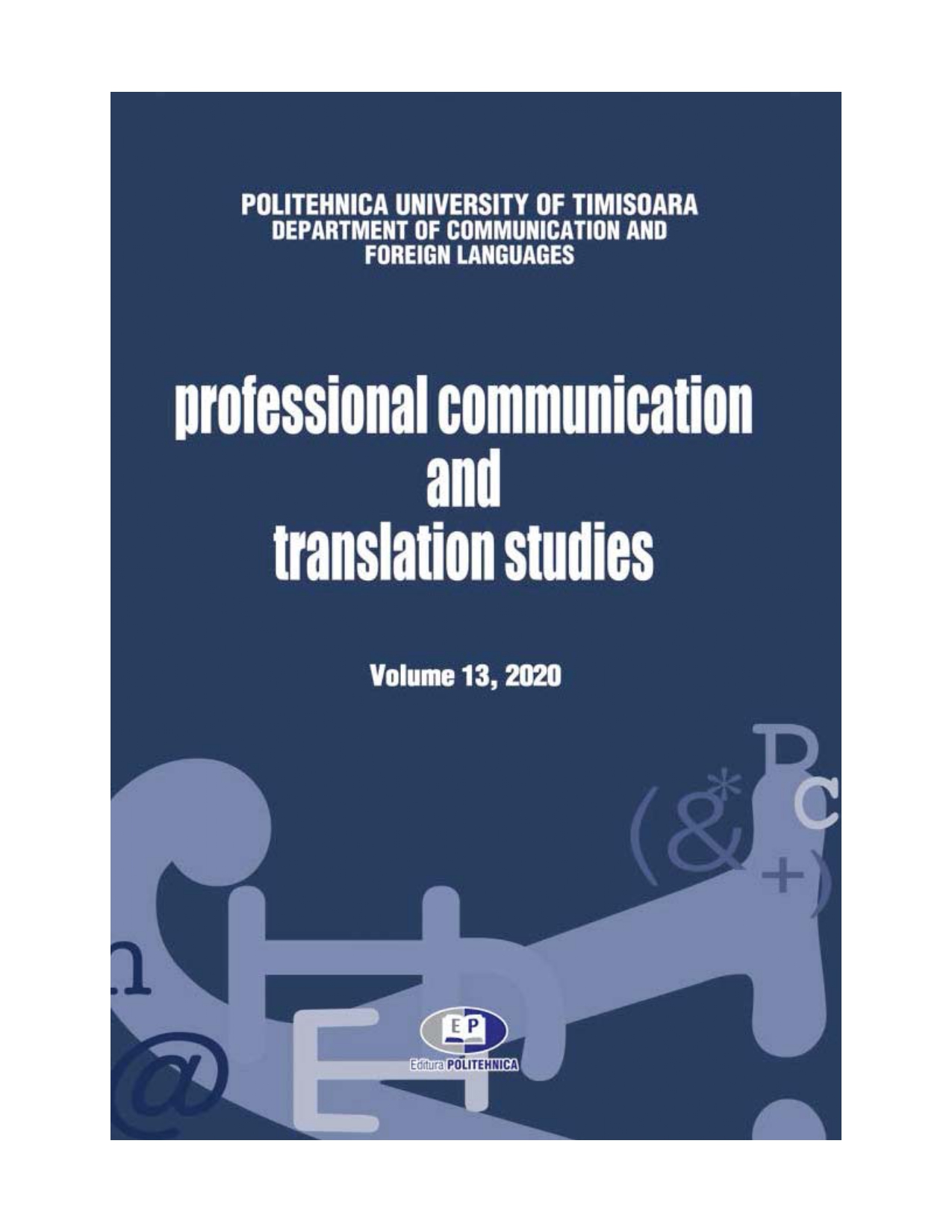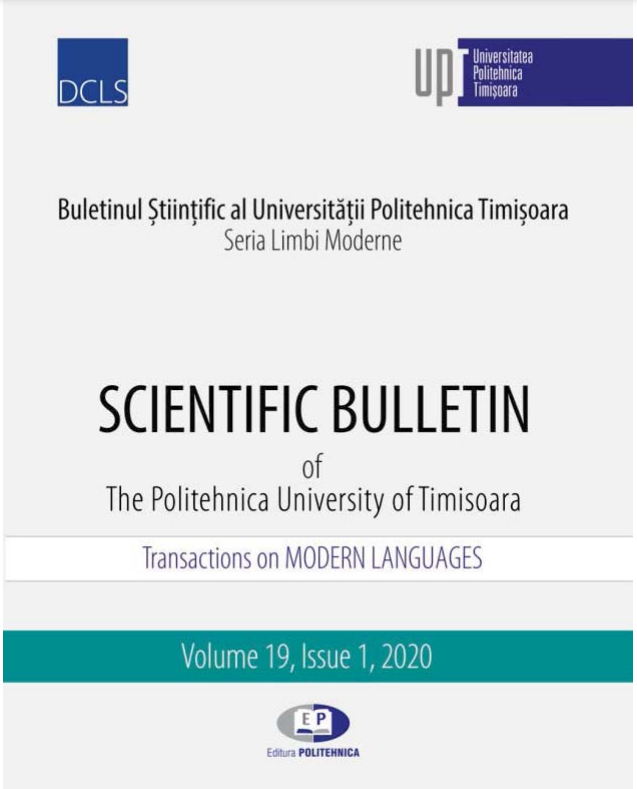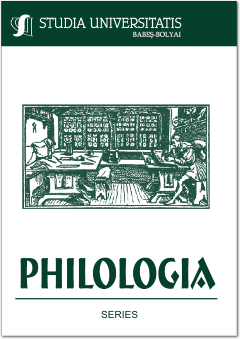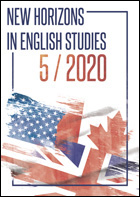Author(s): Jelena M. Marković / Language(s): Serbian
Issue: 21/2020
This paper focuses on connectors though and however in Serbian EFL writing. The logical relationship established by the two connectors is concessive, the concept of concessiveness ranging from the very transparent cases, referred to as the strong ‘contrary-to-expectations’ implicature, to less transparent ones, referred to as the weak ‘contrary-to-expectations’ implicature. Besides, the two lexemes, though and however, can be used in other functional roles in the contemporary language; while though is more frequently used as a conjunction than as a connector, however is more frequently used as a connector than as an adverb. The research followed Contrastive Interlanguage Analysis (Granger, 2015). The data includes the three corpora of argumentative essays: a non-native one, ICLE-SE, belonging to the International Corpus of Learner English (ICLE, Université catholique de Louvain, Belgium), and two native ones, British English and American English subsets of the Louvain Corpus of Native English Essays (LOCNESS-BE and LOCNESS-AE, respectively). The research is mainly qualitative. The results have shown that though is almost never used as a connector in the non-native corpus—only 1.7% of the total number of uses occupy this functional role. In the native corpora, conversely, every second or third use is as a connector. The case of however is different. Although it is almost exclusively used as a connector in all the three corpora, there are striking differences in its uses. The initial position is strongly favoured by non-native writers, unlike native writers, who use the medial and the final positions considerably more frequently. Apart from the striking differences, there is also a similarity in the three corpora: there are cases of however directly following the so-called ‘run-on’ comma, which is seen as non-grammatical in the referential descriptive grammars. Finally, we conclude that logical connectors though and however are challenging for both descriptive linguistics and applied domains. It is quite expected, then, that they are a very demanding part of the language learning process, as the research has shown. It is suggested that the research results should be complemented by the classical contrastive analysis, focusing on the two connectors and their equivalents in Serbian.
More...
